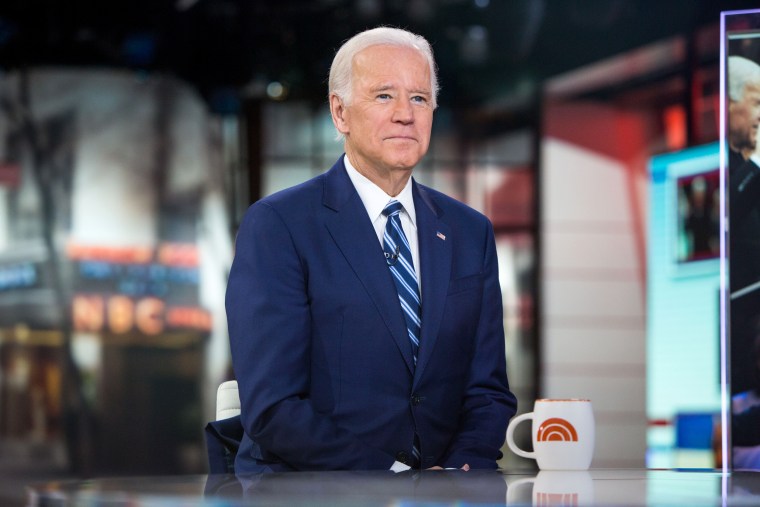WASHINGTON — Former Vice President Joe Biden publicly lamented that top elected leaders didn’t do more to inform the public about Russian attempts to interfere in the 2016 presidential election, candidly calling the political dilemma facing President Obama “tricky as hell” and seeming to put some of the blame on Senate Majority Leader Mitch McConnell.
Speaking Tuesday at the Council on Foreign Relations in Washington, Biden said that it was only after the election that the intelligence community fully appreciated the full impact that Russia and its intermediaries had in potentially tipping the balance. Had they known more before the election, “we may have done something more,” he said.
But even the more limited information available to top administration officials in the late summer of 2016 was of enough concern that Obama and Biden grappled with the best way to share the information with the public without making it seem as if the Democrats were doing so in an attempt to benefit their party’s standard bearer, Hillary Clinton.
“The president and I would sit there, literally, after the [president’s daily intelligence briefing] … and say: 'What the hell are we going to do?'” Biden said. “There was this constant tightrope that was being walked here as to what would we do.”
The administration at one point convened Congressional leaders, including the senior members of intelligence oversight committees, to seek what Biden described as a “bipartisan commitment” to tell the public what Russia was attempting. But McConnell “wanted no part,” Biden said.
“The bottom line was it was tricky as hell,” Biden said. “It’s easy now to say, well, maybe we should have said more. But I’ll ask you a rhetorical question: Could you imagine if the president of the United States called a press conference in October with this fellow, and Bannon and company, and said: ‘Tell you what. The Russians are trying to interfere in our elections and we have to do something about it.’ What do you think would have happened?”
Michael Carpenter, a former deputy assistant secretary of Defense in the Obama administration and now a senior fellow at the Penn Biden Center for Diplomacy and Global Engagement, added that in the fall of 2016 officials had been most concerned about potential Russian attempts to launch cyberattacks that could potentially affect states’ election infrastructure — perhaps to change votes, or take steps that would have the effect of suppressing voter registration.
“In fact, the last 12 months we’ve learned so much in terms of the propaganda campaign, the disinformation, the stuff on Twitter and Facebook,” Carpenter said.
Biden and Carpenter co-wrote a new article for Foreign Affairs magazine outlining how Russia is a threat to Western democracies and ways in which the United States could counteract them. It includes findings similar to those in a new report from Democrats on the Senate Foreign Relations Committee.
Biden on Tuesday described Russia as a “kleptocracy protecting itself,” and that efforts to rebuild its declining influence relied heavily on undermining the U.S.-led democratic order. Russia is on a downward “toboggan run,” and that President Vladimir Putin is relying on nationalist propaganda to sustain his political position.
But while he said he was not naïve about the prospects, the United States should not rule out efforts to try and steer Russia toward the international community.
“My dad had an expression, never back a man in a corner whose only way out is over top of you,” he said. “The only thing keeping Putin where he is, is that the United States is the enemy. … We can’t make this about a conflict between Russia and the United States. We’ve got to make this about a conflict between the Russian kleptocracy and oligarchy and the Russian people.”
